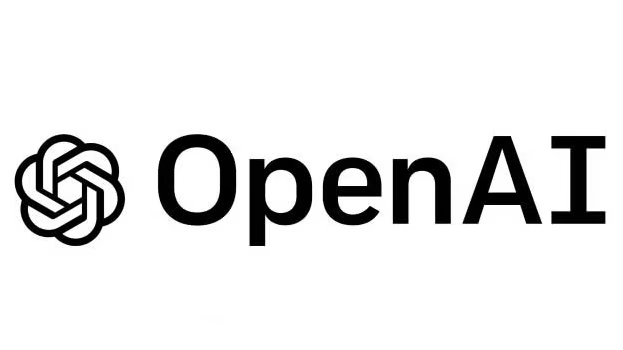In a significant move reflecting the complexities of rapid technological expansion, Microsoft has announced adjustments to its ambitious global rollout of artificial intelligence (AI) data centers. Reports indicate that the technology giant is slowing down or pausing certain projects, including previously announced large-scale developments, as it undertakes a comprehensive review of its infrastructure strategy, energy requirements, and supply chain logistics. This recalibration comes amidst an industry-wide surge in demand for AI capabilities, driven by advancements in large language models and generative AI applications like those powering Microsoft’s own Copilot services.
The decision appears multifaceted, stemming from a confluence of factors that challenge the pace of hyperscale data center construction. Building and operating these facilities requires immense capital investment, sophisticated supply chains for components like advanced GPUs from Nvidia, and, increasingly, substantial power resources and cooling solutions. Industry analysts suggest that securing adequate clean energy sources and navigating local regulations for power grid connections have become significant bottlenecks. Furthermore, the sheer speed of AI hardware evolution may necessitate a strategic pause to ensure new facilities are equipped with the most efficient and powerful technology available, rather than locking into designs that could quickly become outdated.
While Microsoft hasn’t detailed specific projects being delayed, speculation points towards a re-evaluation of timelines for several multi-billion dollar initiatives planned across the United States and potentially in Europe. This includes reassessing projected completion dates and possibly phasing deployments differently than originally envisioned. The company emphasized that its commitment to expanding its AI infrastructure remains strong, framing the current adjustments as prudent measures to ensure sustainable and efficient growth. This involves optimizing existing facilities, exploring novel cooling technologies, and potentially diversifying hardware suppliers to mitigate dependencies and ensure resilience.
The slowdown isn’t necessarily indicative of reduced demand for AI services but rather highlights the immense practical challenges of building the physical backbone required to support that demand. Microsoft, along with competitors like Google, Amazon Web Services, and Meta, is locked in an intense race to build out capacity. This involves not only constructing new buildings but also securing long-term energy contracts, often involving renewable sources, and managing the complex logistics of high-performance computing hardware.
The implications of this adjustment could ripple through the tech ecosystem. Delays in data center availability might impact the speed at which new AI features are rolled out or the capacity available for cloud customers running intensive AI workloads. It could also influence regional economic development plans that were banking on the imminent construction and operation of these large facilities. However, the strategic pause might also lead to more robust, energy-efficient, and technologically advanced data centers in the long run, better aligning infrastructure deployment with the rapidly evolving landscape of artificial intelligence and its significant resource requirements. Microsoft’s move underscores the critical need for strategic planning and adaptation in the capital-intensive build-out of the AI era’s foundational infrastructure.
Source: Reuters

